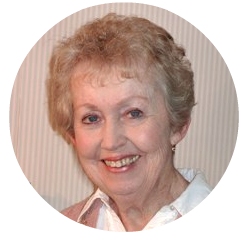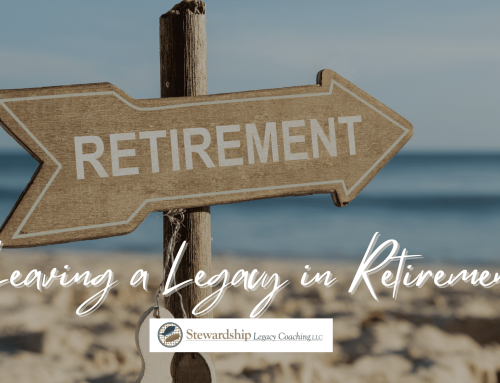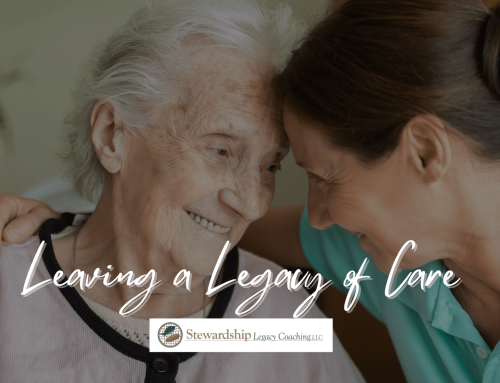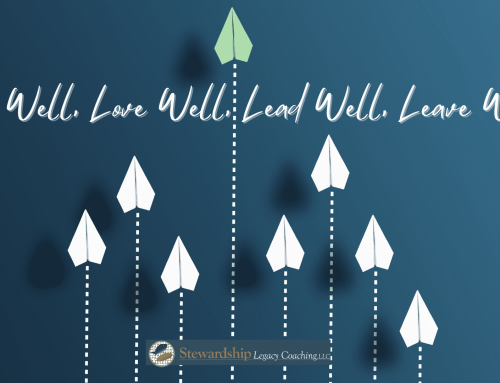“When an old person dies, a library burns down.” – an African proverb
What do you want your children and grand-children to remember about you? Our life experiences can benefit future generations, but if we don’t take time to write our experiences down, they may easily be forgotten or never known.
We interviewed Dodie Davis, a professional storyteller who teaches a workshop called, “Writing Your Legacy,” to learn more about the legacy writing process.
Why is it so important for older generations to pass down wisdom to the next generation?
Legacy writing preserves family history and keeps the wisdom learned on how to live life from being lost. One of the best ways to do that is to wrap that wisdom in stories from your past.
What events or thought processes led you to write your own legacy and then to teach others how to do the same?
I have always felt badly that I didn’t ask my own mother about her past and so have no stories from her on her own growing up years and how she lived life. I did ask my father before he died to write about his life. He wrote facts and I took those facts and turned them into an amazing story of survival and success in spite of being abandoned as a boy.
Real life stories are the best received and I have told his story many times in my story workshops. We all have stories from the past and those stories provide a strong connection between the past, present and future. We are the product of those stories from past generations. I developed a workshop that would inspire others to write their own life stories for future generations in a way that would engage the interest of the reader.
There are likely those reading who don’t feel that they have the story-telling or writing skills necessary to pass wisdom through a written legacy to their children and grandchildren. What advice would you give them to encourage them to do it?
Start simply. Think of one incident or something you remember from your past. Write it down in two or three sentences. The remarkable thing is that when you recall one incident, your mind will start to recall other incidents.
I taught this workshop to a small group of couples and the men were not enthused until I started asking them questions and then you should have heard the stories come pouring out; stories of growing up on a farm, stories of the military they had heard from fathers and grand-fathers.
Keep a notebook handy and jot down a story you remember in a few sentences. Then go back later when you have more time and complete it. Keep it simple and details few. Use description to paint the scene. This is not complicated and there is no specific pattern. Just ask yourself what you want your children, grand-children to know about your life. Tell what circumstances and people affected how you live today.
What advice would you give to the person sitting down to write his or her legacy for the first time?
It will look like a huge task but it isn’t. Don’t try to go year by year. Just know if you only write a few stories they will be treasured. Remember: No one has had your experiences and no one can tell your story like you can.
You’ve been teaching legacy writing workshops for about seven years now and I’m sure you’ve received a good bit of positive feedback. What is your favorite story of how legacy writing has impacted someone’s life?
I could tell you several stories here that have thrilled me. One woman who attended my workshop is presently writing a book for her only child, a senior in high school. She wants him to know the miracle of his birth and why she and her husband named him Samuel. So, she is writing many, many stories about his growing up years, trips they took, sports achievements camping adventures and other family events. She plans to give it to him at his graduation. I have done some one-on-one consulting with her and it is a beautiful story.
What other ways can the older generation pass wisdom to their children and grandchildren besides writing it down?
Tell them your stories. My great grand-daughter who is five years old, would rather listen to a story about me or her mother than to have me read a book. Stories stick in our minds long after facts have been forgotten. God created our brains to function best in story mode. Tell the story about a treasured keepsake of yours with the possibility of giving it to them someday.
If you could leave only one sentence as your written legacy, what would that sentence be?
I travel around to many places telling my life story of a happy childhood but many, many troubles and trials in adulthood. If I were to leave a one sentence legacy it would be that I know there is a God who loves me and sustains me, provides healing and restoration and is the reason I can live life with joy.
Dodie Davis lives in Minneapolis and shares more about storytelling and legacy writing at DodieJDavis.com.







